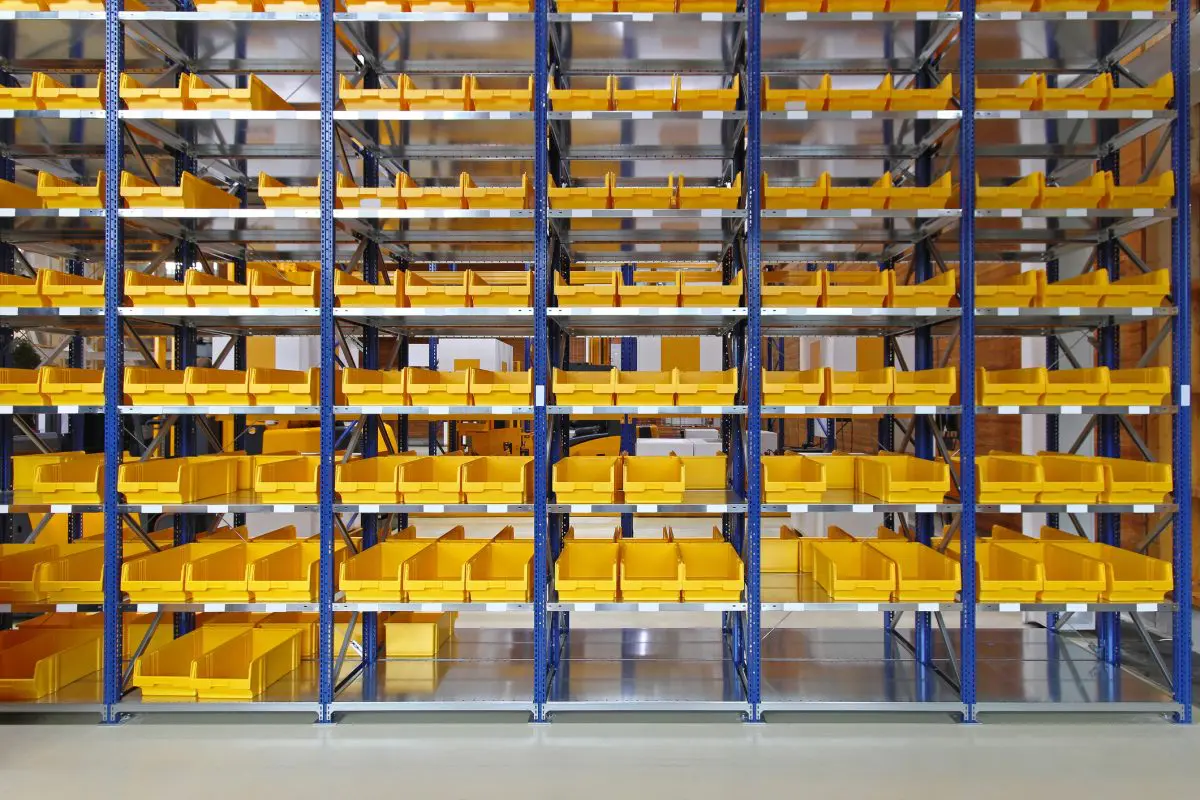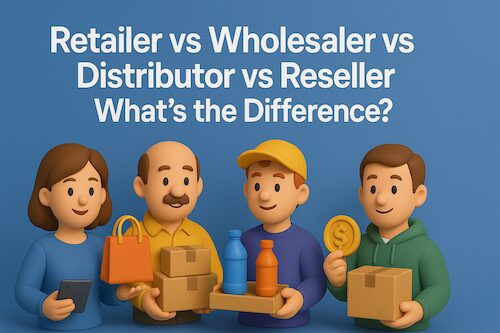What is Place Utility in Logistics?
Place utility is a term used in logistics and supply chain management to describe the value that is added to a product or service by making it available in the right location. The term is one of the four types of utility in marketing, alongside time, possession, and form utility.
In logistics, place utility is created through the efficient and effective management of transportation and distribution networks. This involves ensuring that products are available in the right place at the right time to meet customer demand. For example, a company may use distribution centers strategically located close to key markets to ensure fast and efficient delivery of products.
Why is Place Utility Important in Logistics?
Place utility is important in logistics because it can affect the availability, accessibility, and convenience of products and services. By optimizing transportation and distribution networks, logistics managers can improve customer satisfaction levels, reduce lead times, and enhance overall supply chain performance.
Creating place utility requires careful planning and management of logistics operations. This may involve optimizing transportation networks, managing inventory levels, and coordinating logistics activities across the supply chain. By focusing on creating place utility, logistics managers can add value to products and services, improve customer satisfaction, and enhance overall supply chain performance.
Real-World Examples of Place Utility
To better illustrate place utility in action, let’s look at some real-world scenarios:
- Retail: A clothing brand opens pop-up stores in busy shopping districts to increase accessibility and boost sales during the holiday season.
- E-commerce: Online retailers set up multiple regional fulfillment centers, allowing them to offer next-day or even same-day delivery to major urban areas.
- Food & Beverage: A beverage company positions its distribution hubs near high-demand zones, such as stadiums and event venues, ensuring a continuous supply during peak times.
Each of these examples demonstrates how strategic location decisions add significant value to products by improving availability and convenience for customers.
Place Utility vs. Other Utilities
While place utility focuses on where the product is available, it’s only one piece of the puzzle:
- Time Utility: Ensures the product is available when customers need it.
- Form Utility: Involves transforming the product into a form that meets customer needs.
- Possession Utility: Facilitates the transfer of ownership or access, making it easy for customers to purchase the product.
The interaction between these utilities is crucial for creating a seamless and satisfying customer experience. For example, a product available in the right location (place utility) but out of stock (failure of time utility) won’t meet customer expectations.
The Role of Technology in Enhancing Place Utility
Technology plays a pivotal role in improving place utility. Advanced logistics platforms, route optimization software, and real-time tracking systems enable companies to monitor shipments and manage inventory across multiple locations efficiently. Here are a few ways technology enhances place utility:
- Geospatial Analytics: Identifies the best locations for warehouses, stores, and distribution hubs based on customer demographics and purchasing patterns.
- Route Optimization: Ensures the fastest and most efficient delivery routes, reducing transit times and costs.
- Inventory Management Systems: Help maintain optimal stock levels at each location, ensuring products are available where demand is highest.
Strategic Location Planning
Strategic location planning is at the heart of place utility. Businesses must assess various factors, including:
- Proximity to Customers: Shorter distances reduce delivery times and transportation costs.
- Infrastructure Access: Good road, rail, port, and airport connectivity ensure smooth logistics operations.
- Cost Considerations: Land, labor, and tax costs vary widely by region and must be factored into location decisions.
- Market Potential: High-density areas with strong demand may justify higher operational costs if the potential for sales is significant.
A well-executed location strategy can provide a competitive advantage by enabling faster deliveries and reducing last-mile costs.
The Importance of Last-Mile Delivery
Last-mile delivery is a critical component of place utility. It refers to the final leg of the supply chain—getting the product from a distribution center to the end customer. This stage is often the most expensive and complex, especially in urban areas where traffic congestion and delivery restrictions can cause delays.
Investing in robust last-mile solutions, such as local delivery hubs, electric delivery vehicles, or partnerships with third-party couriers, can significantly enhance place utility by ensuring products reach customers quickly and reliably.
Place Utility in Global Supply Chains
In global supply chains, place utility becomes even more complex. International logistics involve multiple transportation modes (air, sea, road, rail), customs processes, and regulatory compliance. Businesses must carefully coordinate their global logistics networks to ensure products are available in key markets worldwide.
For example, a tech company may manufacture its products in Asia, ship them to regional distribution centers in Europe and North America, and use local logistics partners for final delivery. Each step is designed to optimize place utility and meet diverse market needs.
The Growing Role of Urban Logistics
With the rise of urbanization and e-commerce, urban logistics is becoming increasingly important in creating place utility. Businesses are exploring micro-fulfillment centers, drone deliveries, and parcel lockers to bring products closer to consumers in dense urban areas.
Urban logistics also focus on sustainability—reducing congestion, emissions, and noise pollution. Initiatives like bicycle couriers and electric vans not only enhance place utility but also align with growing consumer demand for eco-friendly delivery options.
Challenges in Creating Place Utility
While place utility adds significant value, it comes with challenges:
- Traffic and Infrastructure Limitations: Congestion, road restrictions, and inadequate infrastructure can hinder delivery performance.
- Inventory Imbalances: Poorly forecasted demand can lead to stockouts in some locations and overstock in others.
- Regulatory Barriers: Different regions may have varying regulations, taxes, and customs requirements that complicate logistics.
- Cost Pressures: Expanding distribution networks and maintaining multiple inventory locations can be costly.
Businesses need flexible, adaptive logistics strategies and robust data analytics to overcome these challenges.
Future Trends in Place Utility
The logistics landscape is evolving rapidly, and several emerging trends are shaping the future of place utility:
- Hyperlocal Fulfillment: Small, localized warehouses will become more common to meet the demand for ultra-fast delivery.
- Automation and Robotics: Automated picking, packing, and sorting systems will improve efficiency and reduce human error.
- Sustainability Initiatives: Companies will increasingly focus on eco-friendly logistics solutions that enhance place utility while minimizing environmental impact.
- Smart Cities: Integration of logistics with smart city infrastructure (e.g., traffic management systems, connected delivery hubs) will streamline urban deliveries.
How Waredock Enhances Place Utility in Logistics
At Waredock, we specialize in creating exceptional place utility by leveraging a robust network of strategically located warehouses and fulfillment centers across key regions. Our advanced logistics technology ensures that your products are always positioned close to your target markets, enabling faster and more reliable deliveries.
We combine real-time data, route optimization, and scalable infrastructure to meet your customers’ needs, no matter where they are. From last-mile delivery solutions to global distribution strategies, Waredock is your trusted partner for enhancing place utility and driving customer satisfaction.
Looking to improve your product’s availability and accessibility? Contact Waredock today to learn how we can help you create value through smarter logistics.








